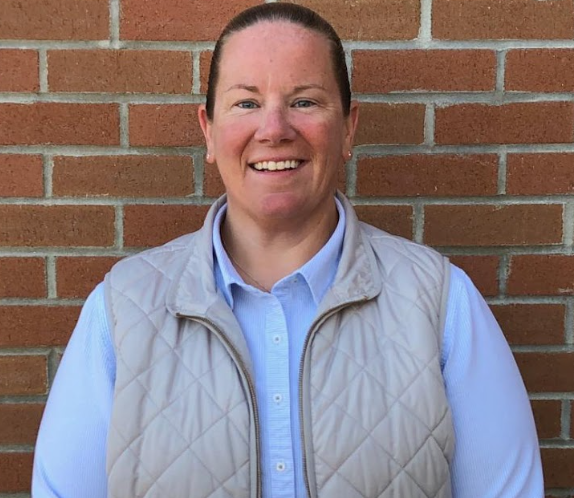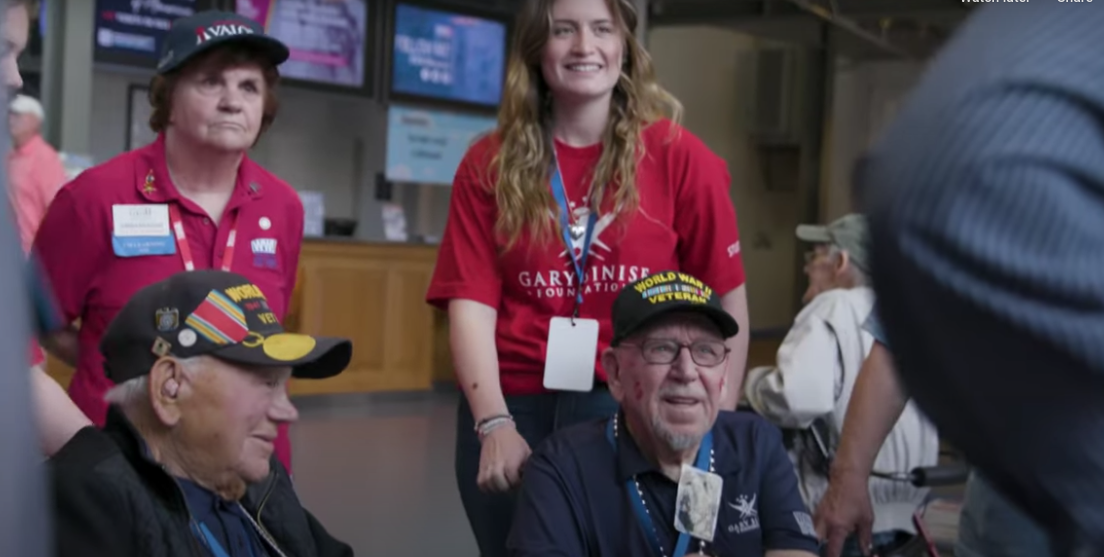In Memory of the Holocaust
April 6, 2021
The Holocaust—a term used lightly by many. To most, it means nothing; it’s the topic you spent five minutes talking about in your eighth grade history class. To me, the word holds weight. It’s my people’s, my own family’s, story of suffering, survival, and oppression.
Ironically enough, my family bloodline still exists due to lethally high levels of anti-Semitism in Europe, specifically in Greece and Poland. My grandmother’s father left Poland in the early 1900’s alone at fourteen to raise money for the rest of his family to come over. In his town, there were recent pogrom attacks; Jewish homes and businesses were burned and countless other Jews were murdered. About a thousand miles away in Greece, my grandmother’s mother and family were readying to escape Greece in the mountains of Albania. Since around 70 CE, my family found home in Ioannina, Greece during the diaspora.
Not to say that life was always good for Jews in Ioannina, but in the early 1900’s, the tides started to change drastically and for the worse. The Ottoman Empire had taken control of Ioannina and more and more restrictive laws were being placed on Ioannina’s Jews, a small community of Romaniote Jews. There was only a short window of time to leave, a window most of my family missed.
My grandmother’s immediate family lived through WWII in America, while the rest weren’t as lucky. On March 25, 1944, the Jews of Ioannina were rounded up and deported to Auschwitz-Birkenau. Only a few returned; Ionninina’s Jewish community is almost non-existent now. Any remaining survivors had their homes taken over while they were away and have now settled in Israel, the United States, and a few in Greece. As for my grandmother’s paternal side, we don’t know much about who lived or survived, but what we know for sure, my great-grandfather’s aunts, uncles, and cousins weren’t as lucky as he was.
My grandfather, on the other hand, doesn’t like to discuss his family’s story, and I’ve never pushed for him to tell me, it’s a sensitive subject. The Holocaust is still a open wound for so many of the community. I know so many survivors who refuse to talk about their stories, survivors that cover their tattoo from the world and try to hide that it ever happened. I also know many that never told their stories until well into old age, usually prompted by their children to do so.
Most of the time, when the Holocaust is brought up in non-Jewish settings, a feeling of discomfort and fright bubbles up inside of me. For one, the topic is always an uncomfortable one; it brings up a lot of emotion, emotions that people without deep understanding or trauma from the Holocaust can’t even begin to grasp or understand. And, I always have to prepare for the inevitable, “Who even cares about the Holocaust? It happened so long ago, the people that died then would have been dead by now anyways.” Even after so many years of dealing with this comment, I’m still shocked by it. Not to mention rampant Holocaust denial, from denying the Holocaust all together to watering down its horrors, I experience Holocaust denial on a weekly basis. For this reason, Jews fear the day that the last Holocaust survivor dies.
Like any other Jewish kid on Long Island, I’ve been immersed in Holocaust education from a very young age. Since the age of about three, I knew the story of Anne Frank and was taught about the Holocaust; it was always a topic I was knew about. Unlike my non-Jewish peers, I never had the privilege to not know what the Holocaust was, and its horrors. Every year on Yom H’shoah, (the Jewish community and Israel’s Holocaust Remembrance Day), my Jewish private school would make us adorn yellow “Jude” stars, like so many of our family members did. The experience was both moving and grounding.
One year, I remember getting off of the bus from school and instinctively hiding my yellow star because I didn’t want anyone to know; I was afraid. Years later, upon thinking about this, I quickly judged myself wondering why I was so dramatic to hide my star, because no one hated Jews like that anymore. This was only wishful thinking, not reality. I was sheltered, day in and day out, I mainly interacted with other Jewish people. Now, I can understand why I hid my star, why I was afraid. But, if I were presented with the same situation now, I would go about it very differently. Instead of hiding my star, I would proudly wear it, because unlike much of my family and people, I have the privilege to wear it without fear of arrest or being rounded up to a concentration camp.
What people fail to recognize is how horrific the Holocaust was and the impact it had and still has. People have this idea in their head that it wasn’t serious and that there was no greater impact. I think a large part of this comes from a disregard for Jewish life; I’ve always believed that the only Jew the non-Jewish world likes is a dead one and discussions surrounding the Holocaust corroborate this. The truth is, the Holocaust still impacts the Jewish Community today in incalculable ways. Poverty rates among Holocaust survivors in the U.S are sky high and still, the Jewish population has not recovered from the Holocaust, mentally, emotionally, or physically.
It’s also important to recognize how the Holocaust could even occur in the first place, the laws that were set in place, the social climate. In my discussion with Holocaust survivors, I’ve gathered that they themselves couldn’t believe what was happening to them, until it happened. They couldn’t believe that in the 20th century that something like that could still occur. There’s an important lesson to be learned from this: it has taught the Jewish community to never be comfortable. It’s taught us to always look over our shoulder and be prepared to flee. Never doubt the world around you and its many capabilities, because no matter how progressive a society may appear to be, hate lies within, like a monster waiting to be poked from its sleep. I know countless Jews that always carry their passport with them, just in case. Others, saving tens of thousands of dollars in bank accounts specifically in case they need to flee, the non-Jews world mocks this, telling us we’re playing the victim and we just want attention. The truth is, living with this fear is such a heavy weight, but sadly, a it’s reasonable one.
One of the most important lessons I’ve learned from my family and I’ve experienced is to never doubt the evils that the world is capable of. Nevertheless, I hope for a better future and I will always advocate for myself and my people, when it’s safe to do so.











